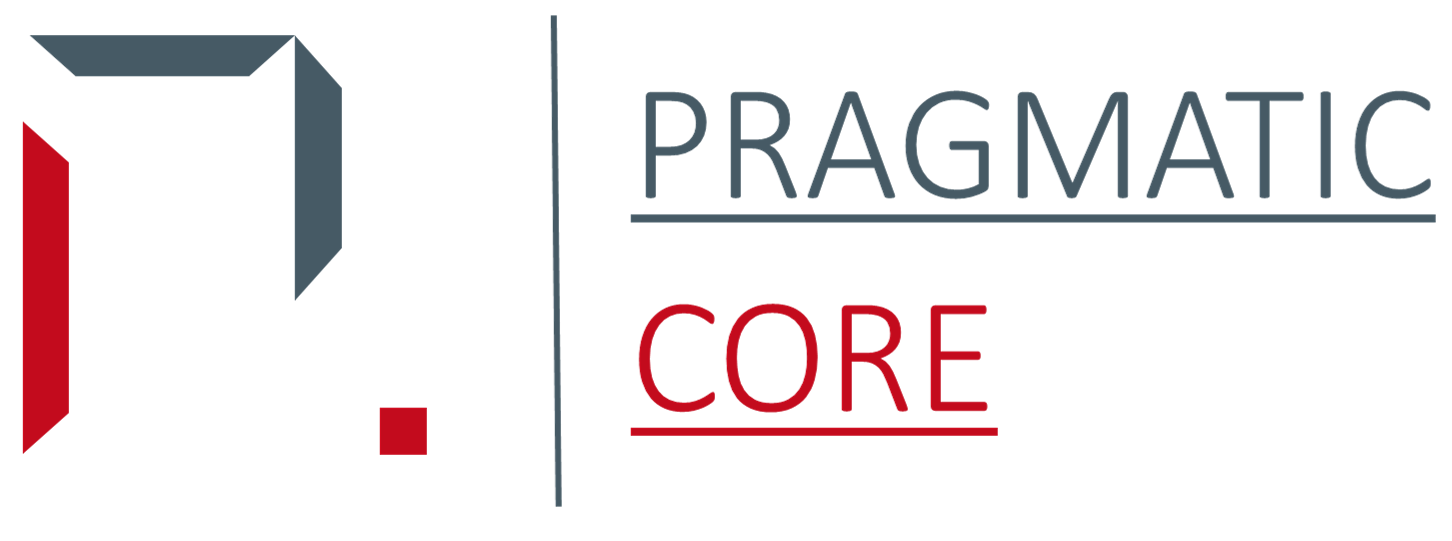Key Points:
- Due to technology and remote work, organizations now compete for expertise across sectors in 2023. Human Capital is now a strategic driver of success, emphasizing learning, growth, and innovation.
- Skill shortages, shifting work dynamics, employee expectations, leadership misalignment, and boring growth routes make HR retention difficult.
- Organizations can succeed by adapting to the changing personnel management landscape to attract loyal, dedicated employees who drive corporate growth.
Human Capital has emerged as the key to survival in today’s competitive corporate environment. A seismic shift in the dynamics of Human Capital has occurred in the year 2023, calling into question long-held beliefs and forcing a serious reevaluation of conventional HR retention methods.
This in-depth look aims to shed light on the fast-evolving Human Capital mindset while also exploring the difficulties that businesses confront in their pursuit of retaining top-tier personnel. Companies are struggling to deal with the fallout of the distant work revolution brought on by the epidemic, and the talent market is seeing seismic shifts as a result.
Organizations are under increasing pressure to keep their most precious asset, their people, and this topic will reveal inventive and smart measures they are employing to deal with this problem. Understanding the historical context and the circumstances that have made Human Capital a game-changer for companies in the modern period is essential for getting a handle on the breadth and depth of this issue.
Understanding Human Capital Market Dynamics in 2023
The year 2023 has witnessed a seismic shift in the Human Capital market dynamics. Organizations are no longer solely competing against their industry peers for talent; they are now vying for skills that span across various sectors. As technology continues to advance at an unprecedented rate, the demand for specialized talent has surged, creating a scarcity of qualified professionals in the market.
Furthermore, the rise of remote work and the gig economy has shattered geographical barriers, allowing talent to seamlessly transcend borders and work for companies halfway across the globe. This has led to increased competition for skilled professionals, compelling organizations to adapt their strategies to attract, develop, and retain top talent.
The Evolving Human Capital Mindset
In this era of heightened competition, the Human Capital mindset has evolved from being an administrative function to a strategic driver of organizational success. Companies are recognizing that their workforce is not just an expense; it is an investment with the potential to fuel growth, innovation, and market leadership.
In this new paradigm, employees are not viewed as mere cogs in the organizational machinery but as valuable assets contributing to the overall value proposition. Organizations are increasingly focused on creating a culture of continuous learning, growth, and development to ensure their employees’ skills remain relevant in an ever-changing landscape. This shift in mindset underscores the importance of effective HR retention strategies, as losing valuable talent can lead to a significant loss of competitive advantage.
The Blackhole of HR Retention
Despite the realization of the pivotal role Human Capital plays in an organization’s success, companies continue to grapple with a pervasive challenge: the Blackhole of HR Retention. A myriad of factors contribute to this dilemma, including:
- Skill Shortages and Market Competition: The shortage of skilled professionals has intensified competition among organizations to attract and retain top talent. As companies engage in bidding wars for scarce skills, employee loyalty is often strained, resulting in higher turnover rates.
- Changing Work Dynamics: Remote work, flexible schedules, and the gig economy have transformed the way people perceive employment. The traditional concept of long-term employment with a single organization has given way to a more fluid and adaptable career approach, making retention efforts more challenging.
- Employee Expectations: Modern employees have heightened expectations regarding workplace experiences. They seek purpose, growth opportunities, and a conducive work environment. Organizations failing to meet these expectations are at a higher risk of talent attrition.
- Leadership and Cultural Misalignment: Poor leadership, lack of transparency, and a misalignment between company culture and employee values can drive talented individuals to seek opportunities elsewhere.
- Monotonous Development Paths: A lack of diverse and engaging development paths can lead to employee stagnation, ultimately prompting them to explore new horizons.
Strategies to Escape the Blackhole and Retain Strategic Talent
Mitigating the challenges posed by the Blackhole of HR Retention requires a multi-faceted approach that aligns with the evolving Human Capital mindset and the dynamics of 2023. Organizations can consider the following strategies:
→ Customized Development Plans: Craft personalized development paths for employees based on their skills, aspirations, and potential. Offer a variety of learning opportunities, from traditional training to mentorship programs, to foster continuous growth.
→ Embrace Remote Work: Embrace the remote work trend by offering flexible arrangements that accommodate work-life balance. This approach expands the talent pool and appeals to individuals seeking a more versatile work environment.
→ Cultivate Purposeful Work: Create a sense of purpose by aligning employees’ roles with the company’s mission and values. When individuals see the meaningful impact of their contributions, they are more likely to remain engaged and committed.
→ Leadership Development: Invest in leadership development programs to cultivate effective managers who can inspire and guide their teams. A strong leadership culture fosters employee trust and enhances retention.
→ Diversity and Inclusion: Foster an inclusive environment where diverse voices are heard and valued. Employees are more likely to stay when they feel respected and appreciated for their unique perspectives.
→ Process Outsourcing for Cost Efficiency: In the pursuit of retaining strategic talent, organizations can consider strategic process outsourcing. By partnering with specialized firms, companies can tap into external expertise, reducing costs while augmenting capabilities. Outsourcing HR functions such as recruitment, onboarding, and talent development can enable internal HR teams to focus on more strategic initiatives. Outsourcing not only offers cost savings but also accelerates processes and brings fresh perspectives. For instance, partnering with a recruitment agency can expedite the hiring process and ensure access to a wider talent pool.
Conquering the HR Retention Challenge
We have investigated the Human Capital paradigm shift, tracing its development and revealing fresh approaches to this fundamental issue.
As we’ve investigated the HR retention abyss, we’ve uncovered an environment that’s different in important ways from its earlier iterations. The old methods, which relied heavily on monetary incentives, are useless in this new environment. The human capital perspective has changed dramatically in recent years, calling for a more tailored, strategic, and comprehensive strategy.
In this article, we’ve highlighted some novel approaches to HR retention that can help you avoid the impending apocalypse. Organizations may confidently navigate this challenging landscape by adopting individualized plans for professional growth, establishing the validity of remote work, giving employees a sense of ownership over their work, encouraging the cultivation of leadership and diversity, and strategically outsourcing non-core HR activities.
By taking this comprehensive approach, businesses may free themselves from the HR Retention Blackhole. The continuous struggle for top-tier talent can be won by recalibrating methods to align with the changing landscape of personnel management. Those who are skilled at traversing this new HR frontier will do more than just get by as the business world continues its relentless development. As a result of the dedication and loyalty of their employees, they will reach new heights in the next years


